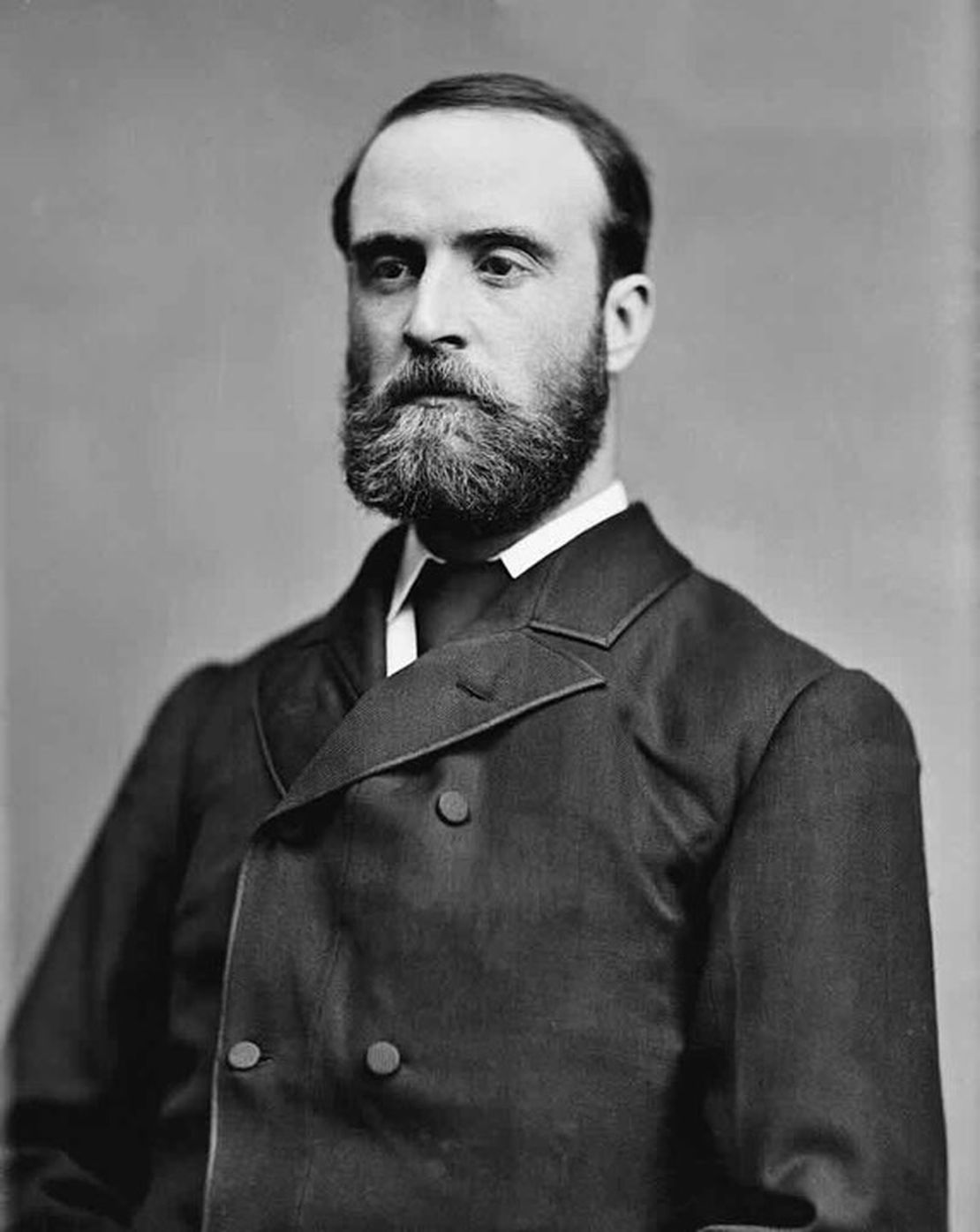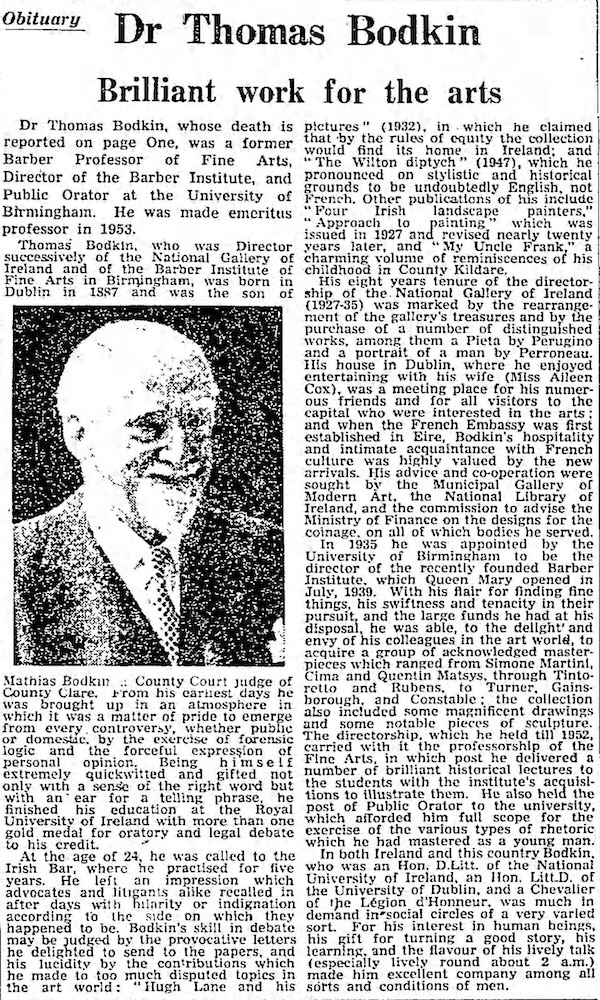- August 13, 1887
In 1882, the assassination of two high-ranking British officials in Dublin’s Phoenix Park—Lord Frederick Cavendish, the newly appointed Chief Secretary for Ireland, and Thomas Henry Burke, the Permanent Under-Secretary—sent shockwaves through the United Kingdom and Ireland. These killings, carried out by a radical nationalist group known as the Invincibles, intensified tensions between the British government and Irish nationalists.
Background
-
Phoenix Park Murders: The Phoenix Park murders took place on May 6, 1882. The assassins, members of a breakaway faction of the Irish Republican Brotherhood (IRB) called the Invincibles, targeted Burke because of his role in enforcing British rule in Ireland. Cavendish, who had only recently arrived in Dublin, was not the intended target but was killed because he was accompanying Burke.
-
Political Fallout: The murders caused a severe backlash against the Irish nationalist movement, particularly against those advocating for Home Rule. British authorities sought to suppress nationalist activities more aggressively, and there was a widespread suspicion that Irish nationalist leaders, including Charles Stewart Parnell, might have been involved or at least had knowledge of the plot.
The Special Commission
-
Parnell’s Alleged Ties: Charles Stewart Parnell, the leader of the Irish Parliamentary Party and a central figure in the campaign for Home Rule, was implicated in the Phoenix Park murders by accusations published in The Times newspaper. The most damning of these accusations was a series of letters purportedly written by Parnell, suggesting that he had condoned the murders. Parnell vehemently denied the allegations, asserting that the letters were forgeries.
-
Appointment of the Special Commission: In 1888, a Special Commission was appointed by the British government to investigate the claims made by The Times and to examine Parnell’s alleged ties to the Phoenix Park murders and other activities of the Irish nationalist movement. The commission was formally known as the “Special Commission to inquire into charges and allegations against certain members of Parliament and others.”
-
The Proceedings: The Special Commission’s inquiry lasted for 128 days and involved extensive testimony and cross-examinations. The key focus was on the authenticity of the letters that implicated Parnell. The investigation also looked into the activities of Irish nationalist organizations, including the Irish National League, and their connections to violence in Ireland.
Outcome and Impact
-
Vindication of Parnell: The turning point came when Richard Pigott, a journalist and informant who had provided the letters to The Times, confessed to forging the documents under cross-examination by Parnell’s lawyer, Sir Charles Russell. Pigott subsequently fled to Madrid, where he committed suicide. The revelation of the forgery cleared Parnell of any direct involvement in the Phoenix Park murders, and the Special Commission ultimately exonerated him of the charges.
-
Political Consequences: Although Parnell was vindicated by the commission, the episode had lasting effects on his political career. The allegations and the lengthy inquiry had damaged his reputation, particularly in Britain, and strained his relationship with British Prime Minister William Gladstone, who was seeking to advance Home Rule. Despite his exoneration, Parnell’s influence waned in the following years, culminating in his political downfall after a separate scandal involving his affair with Katharine O’Shea.
-
Legacy: The Special Commission’s inquiry into the Phoenix Park murders remains a significant event in Irish and British political history. It highlighted the deep divisions and tensions surrounding the Irish nationalist movement and the challenges faced by its leaders. Parnell’s ordeal during the commission also underscored the lengths to which opponents of Irish Home Rule were willing to go to undermine the movement.
The investigation by the Special Commission ultimately cleared Charles Stewart Parnell of any involvement in the Phoenix Park murders, but the scandal and the prolonged inquiry had lasting implications for his political career and for the broader struggle for Irish Home Rule.

 ← Thomas Bodkin, lawyer and professor, is born in Dublin
← Thomas Bodkin, lawyer and professor, is born in Dublin
 Birth of poet Francis Ledwidge in Slane, Co. Meath →
Birth of poet Francis Ledwidge in Slane, Co. Meath →